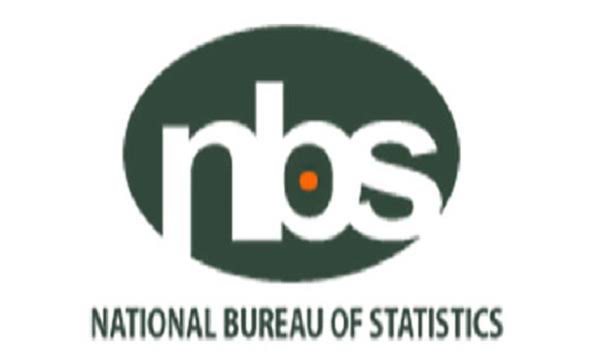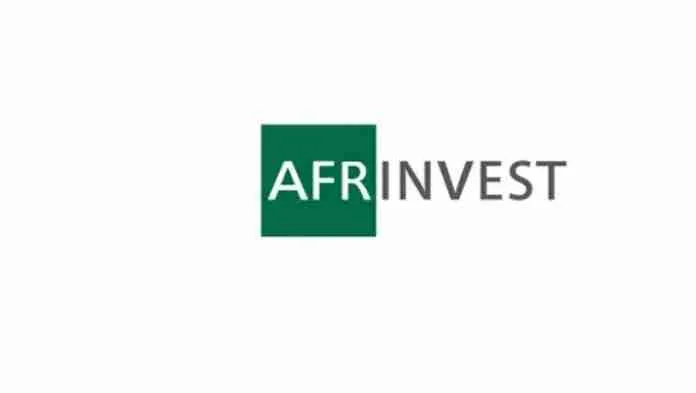The National Bureau of Statistics (NBS) in Abuja said that findings from multi-topic data on household income, assets, health, education, and economic activities have been used to design projects in sectors such as agriculture and food, education, water, social protection and jobs, and governance, valued at $8.9bn.
Speaking at the official launch of the 2023/24 General Household Survey-Panel, commonly referred to as the (GHS-Panel) Wave-5, the Statistician-General of the Federation, Prince Adeyemi Adeniran, said the process tracks household living conditions, providing valuable insights for policymakers and researchers.
The longitudinal survey, which has tracked approximately 5,000 households across five waves since 2010, enables the analysis of trends in wealth, resilience, and challenges faced by households over time.
On wealth dynamics, the NBS noted that 29.4 percent of households improved their wealth status, while 28.9 percent experienced a decline, often due to economic or environmental shocks.
Adeniran said the launch marked the culmination of efforts by the NBS and the World Bank to enhance the understanding of household living conditions and provide the government and other policymakers with reliable information for effective policy decision-making in Nigeria.
“Using data from Waves Four and Five, an asset index was created which categorised households into three groups based on their wealth transition across time.
“41.7 percent of the households stayed in the same wealth quintile as reported in Wave 4, while 29.4 percent experienced an upward shift, and 28.9 percent experienced a decline in their position in the wealth distribution.
“Key factors influencing these changes included environmental and economic shocks, with households experiencing downward mobility more likely to report being affected by floods and post-harvest losses as the main cause of the changes,” Adeniran said.
“Other interesting stories, such as energy access in Nigeria, can be told from the findings of the survey. The results show a significant divide between urban and rural access to electricity: 82.2 percent of urban households have electricity, compared to 40.4 percent in rural areas, with households facing an average of 6.7 power blackouts weekly, nationally.
“Most importantly, the survey’s impact in terms of its contribution to knowledge and the application of its findings to the design of policies and programs cannot be overstated.
“Available records indicate that, over the last five years, the survey findings have been used to design several projects and intervention programs worth approximately $8.9 billion across many sectors, including Agriculture and Food, Education, Water, Social Protection and Jobs, Governance, and several others.
“Households reported economic shocks as the most prevalent type of shock experienced, with 71.0 percent of households reporting price increases on major food items,” he said.
Adeniran explained that the conduct of this survey, given the rigorous and meticulous processes involved, has significantly enhanced the capacity of NBS personnel in survey planning, respondent sampling, data collection, and data analysis.
“I make bold to say that NBS, through the conduct of this survey over the years, has become one of the best National Statistics Offices known for the implementation of quality household-based surveys in Africa,” he stated.
Speaking further on the methodology adopted for the GHS-Panel, Adeniran highlighted the introduction of enhanced modules that capture key aspects such as migration patterns, remittances, and the impacts of climate-related shocks.
He added, “Two additional modules on children were also incorporated, with one of the modules capturing early childhood development and identifying the main caregivers of the children in the household.”
Recall that Wave One was conducted in 2010/11, Wave Two in 2012/13, Wave Three in 2015/16, Wave Four in 2018/19, and now Wave Five is conducted in 2023/24.












